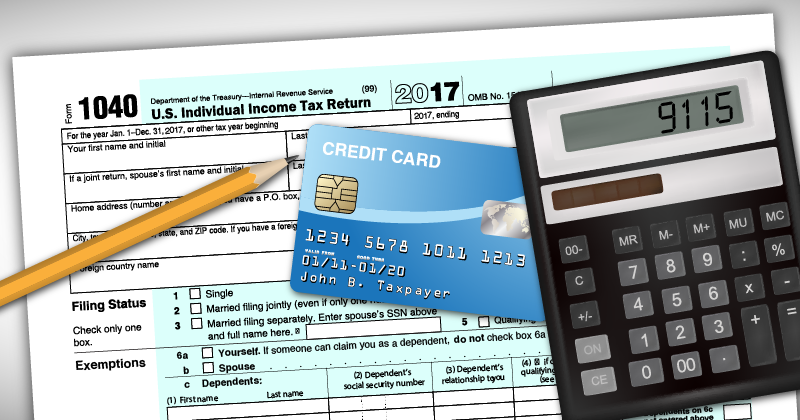
Feb
The Rules of Credit Card Rewards and Taxes
Whether or not credit card rewards are taxable depends on how you earned them. Here’s a look at the rules surrounding rewards and taxes.
Earning points, miles and cash back: If you have a credit card that offers 2 percent back on spending at grocery stores and gas stations and you earned $20 by spending $1,000 on qualifying purchases, do you have to report that money to the IRS? Fortunately, the answer is no.
The same goes for miles, points and any other credit card rewards you earn for meeting certain spending requirements. In general, credit card rewards are considered discounts on your purchases. Assuming the credit card purchases are personal items, then the discount is not taxable income.
Credit card reward bonuses: If you opened a new credit card that offered a 40,000-point bonus for meeting a spending requirement of $4,000 within the first three months of opening the account. If you met the requirement and earned the bonus, you wouldn’t have to report the points as income.
However, if you didn’t have to meet any spending threshold and were simply awarded the points for opening an account, the value of those points would be considered taxable income. How much do you have to pay? It depends on what type of 1099 form the credit card company issues.
What About Business Credit Card Rewards?
With rewards earned using business credit cards, the tax rules are generally the same. However, there is a special consideration for businesses when it comes to writing off expenses.
If a business expense was partially paid in points or you received a percentage of the expense back as cash, you shouldn’t write off the full amount. Rather, you’d need to subtract the discounted portion and only write off the amount of your actual cost. Technically, business credit card rewards are not taxable income, but applying rewards to business expenses can increase your overall tax liability.
How to Avoid Taxes on Your Credit Card Rewards
For personal credit cards, rewards are rarely taxable since most issuers have some sort of spending requirement associated with the points you earn on purchases and sign-up bonuses.
It pays to watch out for large bonuses that don’t require any action on your part other than simply opening an account. Those points are considered income, and you’ll be expected to report them on your taxes, even if you didn’t receive a 1099 form. If you stick with cards that award bonuses for spending, you’re not likely to be subject to taxes on your rewards.




